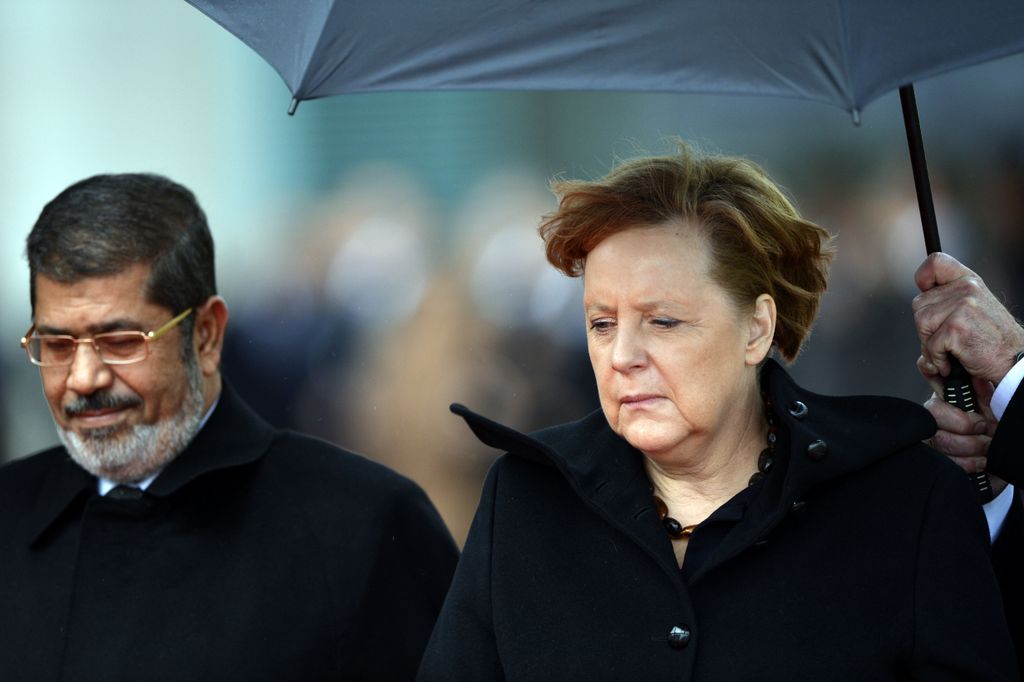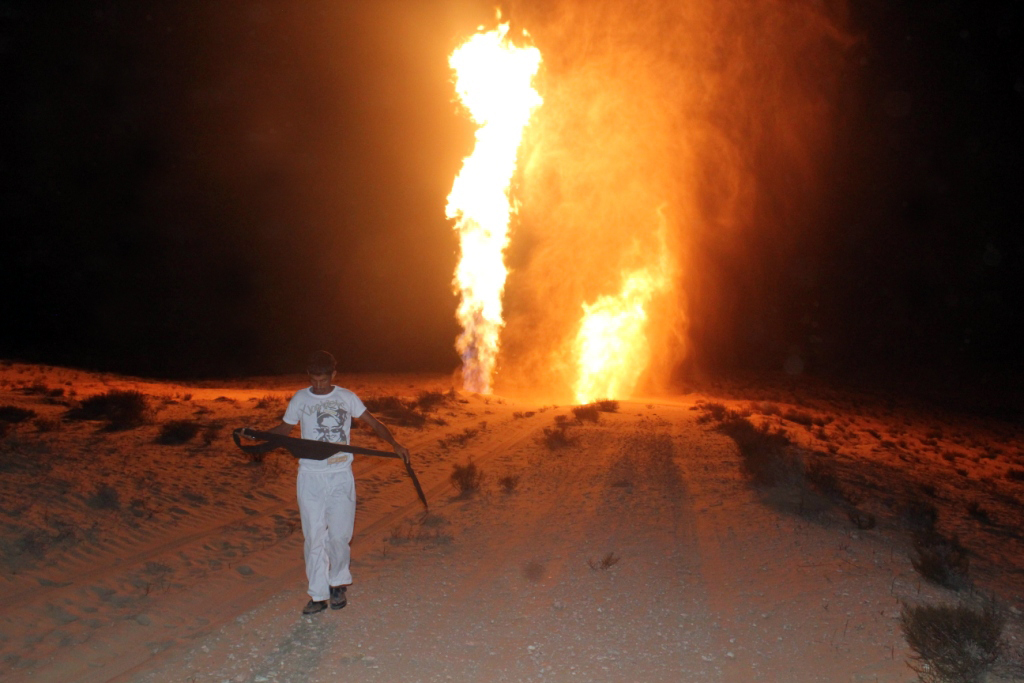MANAMA/DUBAI: More banks in the Gulf Arab region may convert to Islamic finance in a bid to tap rising demand for sharia-compliant products and to avoid the heavy investment required to launch new banks. A source told Reuters this month that Qatari investors are planning to buy a 25 percent stake in Ahli United Bank from Kuwaiti investors and have plans to convert Bahrain’s largest retail bank, which itself plans to take its Kuwaiti unit Islamic.
"Converting to Islamic is compelling in the region. In Kuwait Islamic banks have rapidly won market share from conventional ones," said Sayd Farook, senior consultant at Dar Al Istithmar.
Converting conventional banks would help the industry expand its retail footprint — for instance in countries where no new licenses are given out but conversions are allowed —which experts say the industry needs to develop a more sustainable business model.
The Islamic banking industry in the Gulf Arab region has mostly relied on channeling the region’s oil wealth into real estate and private equity, and was badly hit by a regional property correction late in 2008.
"I would say between 70 to 80 percent of the Muslim market (in the region) would bank with an Islamic bank … if you are an Islamic bank you get to capture that market," said Sameer Abdi, head of Islamic finance at Ernst & Young.
Scholars have said they do not oppose converting conventional banks as long as their investments and debt levels are brought in line with sharia, which bans investments in certain sectors such as alcohol, over a grace period.
"There is usually a two-year conversion gap from the moment you convert … during which you need to give away to charity any income from conventional instruments," said Farook.
Experts say that converting a bank comes cheaper than launching a green-field retail bank, but costs associated with revamping the bank’s work-flow, accounting and core banking IT systems are still high.
"Depending on the scale of the bank and the market in which it operates, it could take two or three years before the investment pays off," said Hatim El Tahir, a Bahrain-based director at Deloitte & Touche.
Abdi said he estimated that up to 15 percent of existing customers could leave a converted bank, not necessarily because they disapprove of the switch to sharia, but because the bank might struggle to maintain its service level during a difficult transition period.
Rare M&A
Bahrain’s Al Salam Bank is converting Bahraini Saudi Bank, which it bought last year, as is Egypt’s National Bank for Development after Abu Dhabi Islamic Bank partially bought the lender in 2007.
But the Gulf Arab region is rarely seeing mergers and acquisitions due to cultural sensitivities and opaque ownership structures, which could be the biggest obstacle to the conversion of conventional assets.
Bahrain’s Ithmaar Bank this month concluded the transformation from an investment house to an Islamic retail bank to improve its funding base, but could do so because it fully owned Islamic retail bank Shamil.
But Kuwaiti banks and merchant families have been badly hit by the financial crisis and are trying to sell down their international assets, which could be a way in.
Their ownership in many banks in the off-shore banking centre Bahrain, both Islamic and conventional, could migrate to Qatari investors and banks that are awash with cash, bankers and analysts say.
"Qatar is a small economy…the bigger banks are looking at other markets," said Janany Vamadeva, banking analyst at HC Brokerage, adding that Qatari companies would also be best positioned to raise money in current capital markets.

